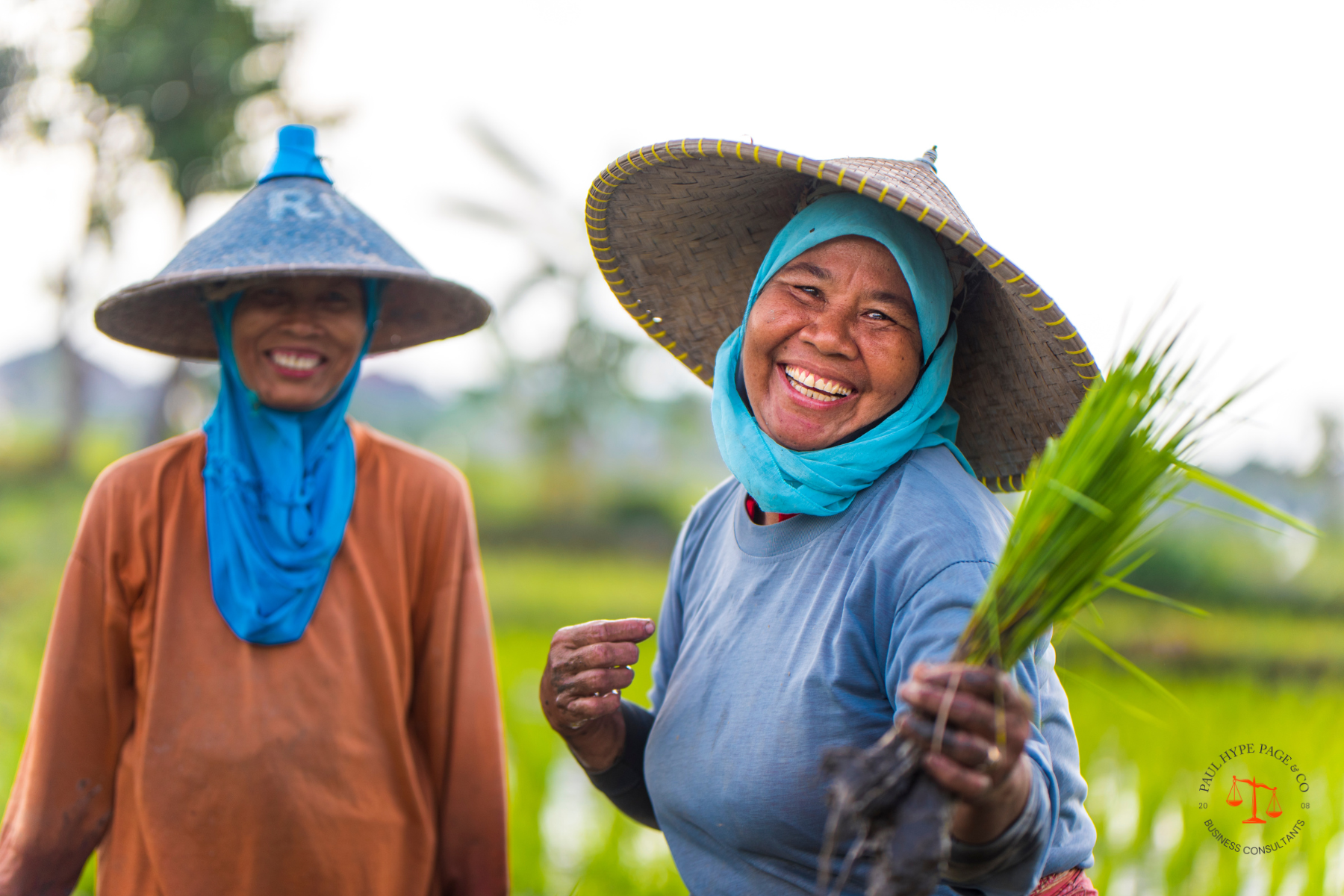As many would have known, a general election will be held in Indonesia on the 17th of April 2019 and for the first time in the Indonesian history, the presidential election will be held on the same day with over 190 million eligible voters. In this presidential election, the incumbent Indonesian President Joko Widodo, commonly known as “Jokowi”, will be running for re-election with senior Muslim cleric Ma’ruf Amin as his running mate against former general Prabowo Subianto and former Jakarta deputy governor Sandiaga Uno for the five year term between 2019 and 2024. In this Article, you will be provided with how the Indonesian presidential election affects the Indonesian economy.
History of Indonesian Economy
Since the late of 1980s, Indonesia has made significant changes to its regulatory framework to encourage economic growth. The growth was financed largely from private investment, both foreign and domestic. In the year between 1997 and 1999, new foreign investment approvals fell by almost two-thirds and this crisis had highlighted areas in where further reforms was needed. Under the Suharto era, Indonesia had moved toward private provision of public infrastructure, including electric power, toll roads, and telecommunications. The 1997 crisis brought to light serious weaknesses in the process of dispute resolution, however, particularly in the area of private infrastructure projects.
From 1990 to 2010, Indonesian companies have been involved in 3,757 mergers and acquisitions as either acquirer or target with a total known value of $137 billion. In 2010, 609 transactions have been announced which is a new record. Numbers had increased by 19% compared to 2009.
In 2011, the Indonesian government announced a new Masterplan (known as the MP3EI, or Masterplan Percepatan dan Perluasan Pembangunan Ekonomi Indonesia, the Masterplan to Accelerate and Expand Economic Development in Indonesia). The aim was to encourage increased investment, particularly in infrastructure projects across Indonesia.
Jokowi’s Contribution as Indonesia’s President
After taking office, President Joko Widodo released his first installment of policy packages intended to stimulate the Indonesian economy. Jokowi focused on improving industrial competitiveness through reducing red tape, the reform package removed 89 business investment regulations and eased the acquisition of licenses, land, and bank accounts.
After four years of being the head of government of the Republic of Indonesia, Indonesia has seen the construction of new roads, toll roads, seaports and airports that have been expedited the movement of goods and people and brought basic services to places that were previously hard to access.
Besides that, ever since Jokowi had become the president in Indonesia, the country had recorded a declining poverty rate, while the relatively stable prices of basic commodities, as evident in the low inflation rate and the rise in household spending, has helped the economy to grow. President Jokowi had also focused on attracting foreign investors and tourist into the country by implementing a new regulation which encourages many foreign investors to invest in Indonesia and boosted the country’s economy.
However, although there are grows on the countries economics under Jokowi, but they were not as promised by Jokowi during his 2014 presidential campaign that he will boost Indonesia’s economic growth to 7 percent.
Upcoming Presidential Election
The upcoming presidential election is a battle for a majority votes between President Joko Widodo and former general Prabowo Subianto. Both presidential candidates’ campaign has pledges on helping to grow Indonesia’s economy. The following are the promises made by their campaigns.
Joko Widodo’s Presidential Campaign
- Jokowi pledges to cut corporate taxes in the South-east Asia’s biggest economy if he is re-elected in April to boost economic growth;
- Jokowi pledges to continue to reduce poverty through creation of employment economy, stronger purchasing power and comprehensive social security;
- Jokowi encourages foreign investors to enter the country by implementing new tax holiday schemes and streamlining of business permits to encourage new foreign direct investments;
- Jokowi also believes that the infrastructure of the country is essential for economic growth, thus he pledges to speed up the construction of new infrastructure projects, especially on new toll roads, airports and seaports; and
- Jokowi also increased the number of Indonesians eligible to receive free or highly-subsidised healthcare through the national health insurance schemes.
Prabowo Subianto’s Presidential Campaign
- Prabowo Subianto and his running mate, Sandiaga Uno, have pledged to make Indonesia the fifth biggest halal economy in the world if they win the upcoming presidential elections;
- Prabowo had also pledged to slash company and individual taxes rates in a bid to rejuvenate South-east Asia’s Largest economy;
- Prabowo pledged to deliver on support programmes for the poor, including wage raise for civil servants and police officers;
- Prabowo is confident that he can bring about the change that citizens desire and run a clean government that will still be business-friendly while improving the lives of ordinary people; and
- Prabowo has vowed to lift poor Indonesians out of poverty, calling it a paradox that they are living in a country rich with natural resources.
After having a clearer picture of what both candidates pledge to fulfil upon being elected in the coming 2019 presidential election, unfortunate for Mr Prabowo as the odds are stacked against him. With the benefit of the incumbency and nine political parties standing behind Mr Joko, better known as Jokowi, many expect the presidency will be a shoo-in for him.
Regardless of who will be elected as the upcoming president for the five-year term between 2019 and 2024, the one thing both candidates have in common is that both Jokowi and Prabowo pledged to further boost the Indonesia’s economy in the world. That being said, with Indonesia’s booming economy in the near future, it offers significant opportunities for many foreign investors to invest in the country.
Share This Guide, Choose Your Platform!
Related Business Articles




